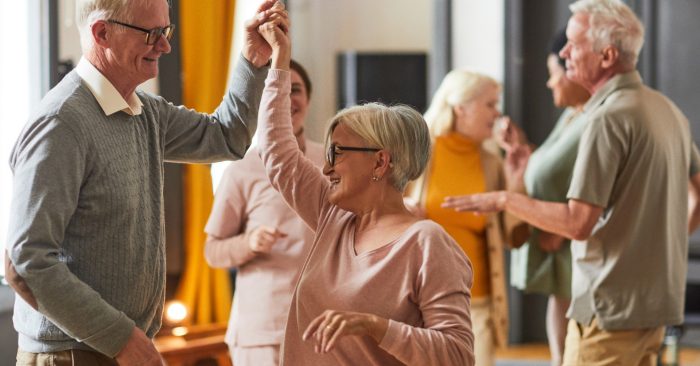
In a groundbreaking shift in dementia prevention, Dr. Suraj Samtani, a clinical psychologist at UNSW Sydney, is pioneering efforts to identify and treat ‘social frailty’—a significant risk factor for cognitive decline in older adults. Rather than starting with traditional memory tests or brain scans, Dr. Samtani emphasizes the importance of social interactions, such as the frequency of seeing friends or participating in community activities, as crucial indicators of brain health.
“Social frailty is when we are vulnerable to losing the resources we need to stay socially connected and to fulfill our social needs,” explains Dr. Samtani, a postdoctoral research fellow at the Centre for Healthy Brain Ageing (CHeBA). His research highlights the profound consequences of social disconnection, linking it not only to cognitive decline but also to higher rates of disability and early death.
Understanding Social Frailty and Dementia Risk
The implications of social isolation become particularly stark in late life, where it emerges as the largest risk factor for dementia, overshadowing midlife concerns such as hearing loss and metabolic syndromes. Dr. Samtani’s work aims to empower older adults with cognitive concerns by boosting their social confidence and improving their quality of life.
While current treatments primarily target memory and language skills, there is a notable absence of interventions focused on maintaining social connections. To address this gap, Dr. Samtani and his team have developed an evidence-based index designed to help general practitioners screen for social frailty, a tool that could significantly enhance prevention efforts.
A National and Global Perspective
The research draws extensively from the Sydney Memory and Ageing Study, involving 1037 participants, with follow-ups extending up to 12 years. A recent study coauthored by Dr. Samtani followed 851 participants, revealing that socially frail individuals were up to 50% more likely to develop dementia, even when accounting for other frailty factors.
“This suggests social frailty is not only a key risk factor, but one we can identify early and potentially change,” says lead author Dr. Annabel Matison, also a UNSW postdoctoral research fellow at CHeBA.
However, Dr. Samtani acknowledges the need for broader research beyond Sydney’s eastern suburbs to include more socioeconomically diverse and rural populations. This expansion is underway with the establishment of the Sydney Brain Health Equity Lab, aiming to explore social and structural risk factors for dementia across Australia.
Globally, data from 40,000 individuals indicates that socially isolated people have double the risk of developing dementia, even after adjusting for other risk factors such as alcohol consumption and physical inactivity.
Innovative Interventions and Future Directions
Despite compelling findings, Dr. Samtani believes that research alone is insufficient to effect change. He is spearheading a clinical trial funded by the Dementia Australia Research Foundation aimed at reducing loneliness and enhancing social confidence among individuals with memory loss or dementia.
The trial’s program, Maintaining Social Engagement, focuses on developing social skills such as reading body language, navigating memory challenges, and practicing assertiveness. Early results from the pilot study indicate promising improvements in participants’ ability to communicate and connect with others.
“We have just finished running our final group, and we will soon be analyzing the data,” Dr. Samtani reports, highlighting the ongoing commitment to refining and expanding these interventions.
The announcement comes at a critical time as the global population ages, underscoring the necessity of innovative approaches to dementia prevention. Dr. Samtani’s work not only offers hope for those at risk but also paves the way for a more inclusive understanding of brain health, emphasizing the universal need for social connection.







